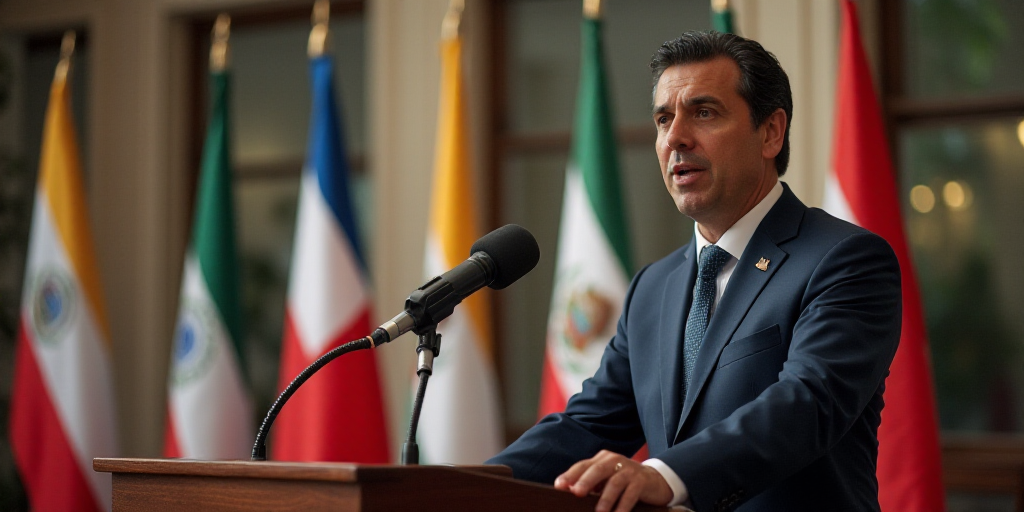Who is Marcelo Ebrard?
Marcelo Ebrard, the Secretary of Foreign Relations for Mexico, has been a prominent figure in Mexican politics since 2018. Appointed by President Andrés Manuel López Obrador, Ebrard is responsible for managing Mexico’s international relationships. His role has become increasingly significant as he navigates complex diplomatic issues, including trade agreements and border policies.
Background on US-Mexico Trade Relations
The United States and Mexico share deep economic ties, with bilateral trade amounting to over $600 billion in goods and services annually. This close relationship has been marked by both cooperation and tension, particularly regarding trade policies and immigration. Under President Donald Trump’s administration, tariffs and trade disputes became contentious issues.
Trump’s Tariff Policy
During Trump’s presidency, tariffs on various goods were imposed on multiple countries, including Mexico. These measures aimed to address trade imbalances and pressure countries to negotiate more favorable trade agreements. Trump’s tariff policy created uncertainty in global markets and strained diplomatic relations.
Ebrard’s Statement on Trump’s Tariff Policy
In a recent interview, Ebrard highlighted Mexico’s “very special” treatment in relation to Trump’s tariff policy. He emphasized that Mexico has maintained a constructive dialogue with the United States, leading to favorable outcomes despite the challenging trade environment.
Key Achievements under Ebrard’s Leadership
- Negotiated the United States-Mexico-Canada Agreement (USMCA), replacing the North American Free Trade Agreement (NAFTA).
- Worked closely with the U.S. to address migration issues, including the implementation of the Migrant Protection Protocols (MPP), also known as the “Remain in Mexico” policy.
- Maintained open communication channels with the Trump administration to mitigate potential tariff impacts on Mexican industries.
Impact on Mexican Industries and the Economy
Despite facing tariffs, Mexico’s economy has shown resilience. The country’s diverse export structure and strong ties with the U.S. market have helped cushion the impact of tariffs on specific sectors. Nevertheless, certain industries, such as automotive and agricultural exports, have experienced challenges due to increased costs and reduced market access.
Key Questions and Answers
- What is the United States-Mexico-Canada Agreement (USMCA)? The USMCA is a trade agreement that replaced the North American Free Trade Agreement (NAFTA) in 2020. It aims to modernize and strengthen trade between the three countries by addressing issues such as labor rights, digital trade, and environmental protection.
- How has Mexico managed tariffs under Trump’s administration? Under Ebrard’s leadership, Mexico has maintained a proactive approach in negotiating with the U.S. to minimize tariff impacts. This has included dialogue on trade issues, implementation of migration policies, and continuous efforts to ensure Mexico’s interests are considered in U.S. trade decisions.
- What industries have been affected by Trump’s tariffs on Mexico? Tariffs have primarily impacted sectors with significant trade exposure to the U.S., such as automotive, agricultural, and manufacturing industries. These sectors have faced increased costs, reduced market access, and supply chain disruptions.






